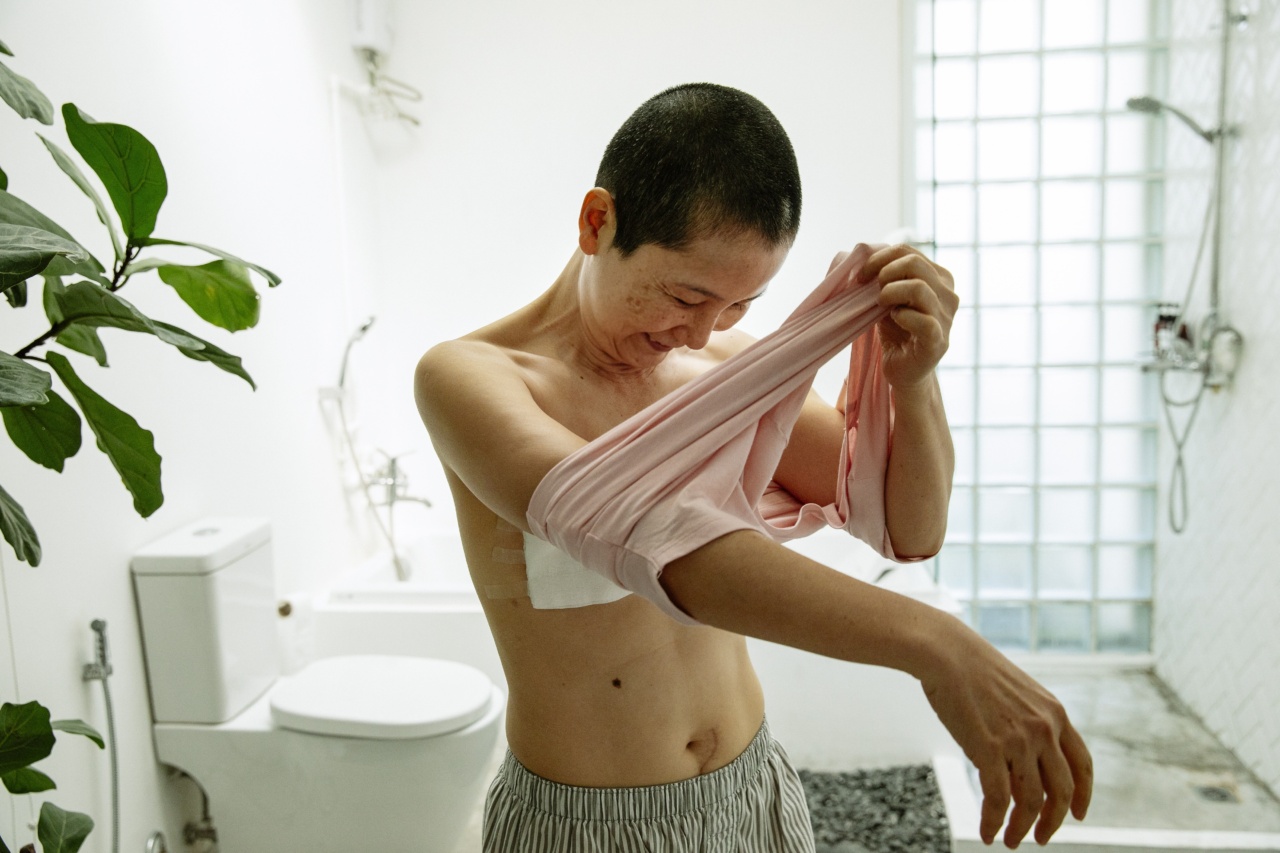Cancer is a life-changing diagnosis that affects millions of people around the world. It is a disease that knows no boundaries, affecting both young and old, rich and poor.
The journey to remission can be long and arduous, but with the right treatment and support, many individuals can overcome this illness and reclaim their lives. In this article, we will explore the various aspects of fighting cancer and discuss the road to remission.
Understanding Cancer
Cancer is a complex disease characterized by the uncontrollable growth and spread of abnormal cells in the body. These cells can form tumors and interfere with the normal functioning of organs and tissues.
There are over 100 types of cancer, each with its own set of symptoms and treatment options.
Early Detection and Diagnosis
Early detection greatly improves the chances of successful treatment. Regular screenings, such as mammograms, colonoscopies, and Pap smears, can help identify cancer in its early stages when it is most treatable.
Additionally, being aware of potential warning signs, such as unexplained weight loss, persistent fatigue, or unusual lumps, can prompt individuals to seek medical attention promptly.
Treatment Options
Once cancer has been detected, a personalized treatment plan will be developed based on factors such as the type and stage of cancer, overall health, and individual preferences. The primary treatment options include:.
Surgery
Surgery involves removing cancerous tumors and nearby tissues. It is often the first line of treatment for solid tumors, such as breast, lung, or colon cancer.
Advances in surgical techniques, including minimally invasive procedures, have improved patient outcomes and reduced recovery times.
Chemotherapy
Chemotherapy uses powerful drugs to destroy cancer cells or inhibit their growth. It can be used as the primary treatment or in combination with other therapies, such as surgery or radiation.
Chemotherapy can produce side effects, including nausea, hair loss, and fatigue, but advances in supportive care have helped minimize these effects.
Radiation Therapy
Radiation therapy uses high-energy rays to kill cancer cells or shrink tumors. It can be delivered externally or internally, depending on the type and location of the cancer.
Radiation therapy may be used as the primary treatment or to alleviate symptoms in advanced cases.
Immunotherapy
Immunotherapy stimulates the body’s immune system to recognize and attack cancer cells. It has shown promising results in certain types of cancer and is often used when other treatments have failed.
Immunotherapy can be administered through injections, infusions, or oral medications.
Targeted Therapy
Targeted therapy uses drugs or other substances to target specific genes or proteins found in cancer cells.
By focusing on these specific targets, targeted therapy aims to interfere with the growth and spread of cancer cells while minimizing damage to normal, healthy cells. This approach has revolutionized cancer treatment and improved outcomes for many patients.
Palliative Care
Palliative care focuses on providing relief from the symptoms and stress associated with cancer. It is an essential aspect of cancer treatment that aims to improve the quality of life for patients and their families.
Palliative care may include pain management, psychological support, and assistance with daily activities.
The Importance of Support
Dealing with cancer can be emotionally and physically draining. It is crucial for individuals battling cancer to have a strong support system in place. This support can come from family, friends, support groups, or professional counselors.
Connecting with others who have had similar experiences can provide valuable insight, encouragement, and a sense of belonging.
Lifestyle Considerations
In addition to medical treatments, certain lifestyle choices can aid in the fight against cancer.
Maintaining a healthy diet rich in fruits, vegetables, and lean proteins, along with regular exercise, can help strengthen the immune system and improve overall well-being. Avoiding tobacco and excessive alcohol consumption is also vital in reducing the risk of cancer.
Facing the Challenges
The road to remission is rarely without challenges. Cancer treatment can be physically and emotionally demanding, and there are often setbacks and difficult decisions along the way.
It is crucial for individuals to stay positive, stay informed, and actively participate in their treatment plans. Seeking the counsel of healthcare professionals and taking advantage of support services can provide much-needed guidance and reassurance.
Celebrating Remission
Remission is a significant milestone in the battle against cancer. It signifies that there is no evidence of cancer in the body, and the individual can resume their normal activities.
However, it is important to remember that regular follow-up appointments and screenings are essential to monitor for any signs of recurrence. Celebrating remission should also include ongoing self-care and a commitment to a healthy lifestyle.



























